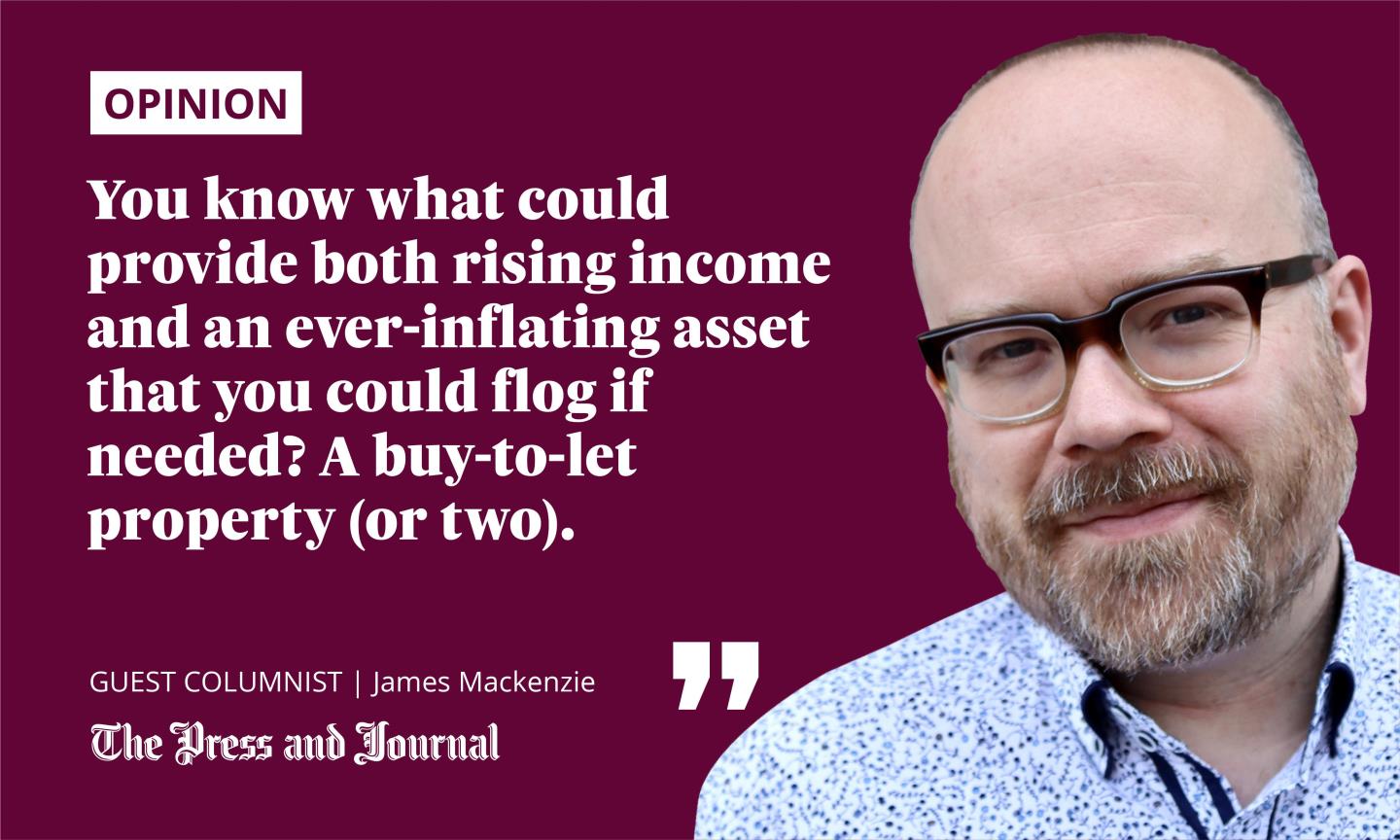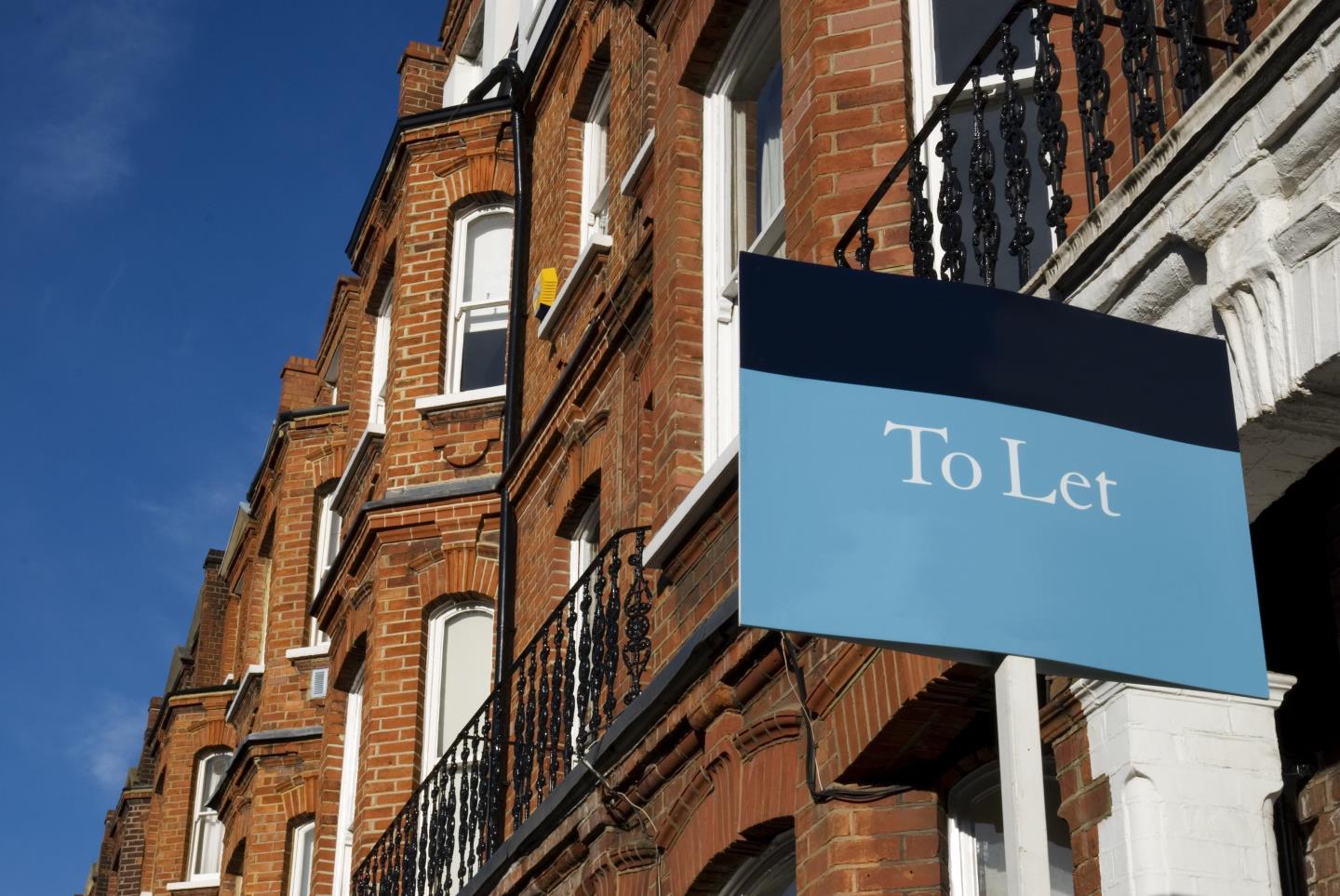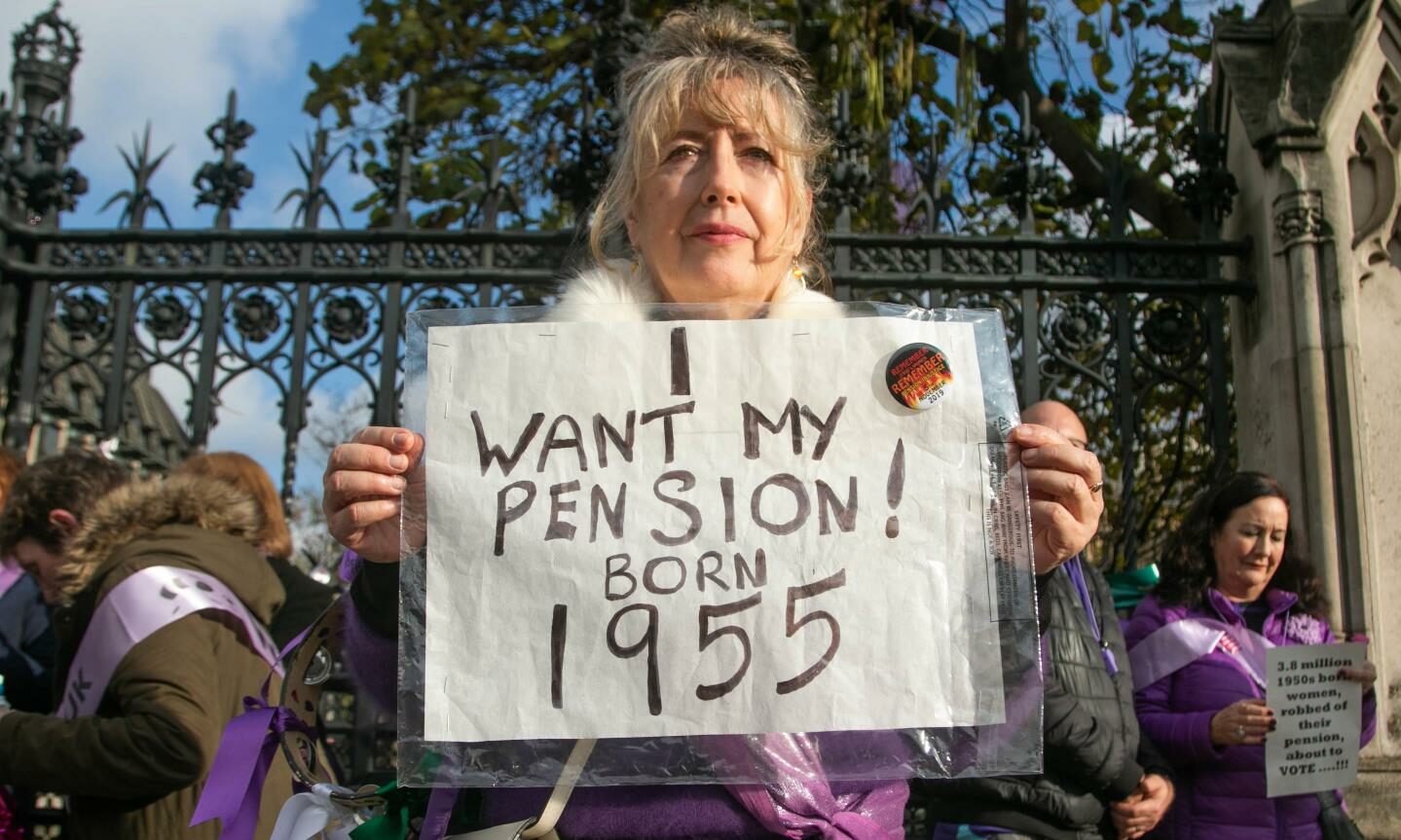Amidst the wider cost of living crisis, house prices continue to climb: another 11% across Scotland last year, according to the Office of National Statistics, slightly above the UK average.
The media outlets of the rich love stories about how some hardworking millennial abandoned their avocado toast and flat white habit to get on the housing ladder.
The line where they admit – every time – that they either got a handout of generational wealth or lived for free in the east wing of their parents’ house while saving is normally buried in paragraph nine. Social media has a meme for this: the kids in Bart Simpson’s classroom cheer when they hear the inevitable admission.
But the pressure for price rises is more complex than it looks.

Come with me on a detour through a bit of game jargon. Board games in the modern German style became popular across Europe in the 1990s, and they require a lot more choice and strategy than the tired and linear likes of Monopoly.
One key concept is “building an engine”: if you can acquire the right pieces or cards, they will make powerful synergies to help you.
Take an example from a game called Slay the Spire. One card makes certain other cards free, but they disappear. Alongside it, an item can give you a random free card whenever one disappears.
They’re powerful together, but what if you could also get protection whenever that happens? There’s a card for that, too. Want to inflict damage on your enemies each time? There’s an item for that. And, so, the engine keeps improving.
Fine, but what does this have to do with house prices?
The engine favours assets
Well, they’re driven by a complex engine. Naively, you might think that supply and demand would push prices down if the people who need homes can’t afford them. But the engine doesn’t work that way. Instead, it systematically favours those who already have assets.
One infuriating mechanism is the radical difference between the way lenders treat a main residence and any buy-to-let property
Even before the pandemic, people without inherited wealth were increasingly unable to thread this needle – with renting three times more common for the 35 to 44-year-old group than it was at the turn of the century.
One infuriating mechanism is the radical difference between the way lenders treat a main residence and any buy-to-let property you may wish to purchase.
The first one, the one you actually want so you can have a place to live? Tricky. Your income has to be high enough, your deposit substantial enough, and the price and valuation low enough. Or your parents rich enough.
Then it gets weird. Let’s say you have bought a home and are thinking of getting a rental property. The second one, the one you don’t need to live in? A new rule kicks in, and that mortgage is essentially free.
When a home becomes a business
It’s not based on your wages. You may not need a deposit. The lenders just take the mortgage cost off the likely rental income it would bring in. If that shows a net positive, you’ll probably get the green light.
The idea is, that property is no longer treated as a home. It’s your business, ready to start giving you unearned income. Welcome to the rentier class!
All the people who’d rather buy their own home but can’t – well, they just have to rent. Supply and demand does work on rents, so simply buying that second home contributes to rent inflation. Which makes it harder for anyone to save for a deposit. Even in housing policy terms, that’s a very tight loop.
If you’ve got a little patience and make the first buy-to-let work, you can go back for a second, a third, or a three hundred and fifty-third (which would put you slap in the middle of this elite group).
In board game terms, that’s a combination of scaling and “area of effect”. But I digress.
Properties in place of pensions
Another less obvious part of this system is the state of this country’s pensions. My dad had a long career in municipal transport, from bottom to (nearly) top, and retired with a pension sufficient to have a great quality of life.
Even if I do buy a second property – hypocrisy or self-preservation, you decide – I will always want to see landlordism abolished
Then, those pensions mostly got dismantled during the 1980s and 1990s. Of those I know under the age of 50, very few have any confidence that they will get a decent pension in what should be their silver fox years, irrespective of gender.
But, you know what could provide both rising income and an ever-inflating asset that you could flog if needed? A buy-to-let property (or two). Perhaps you never wanted to become a landlord, but it is one of the few reliable forms of pension now. And, so, demand for those second mortgages accelerates.
I’m considering it myself. I fear being in my 70s and wondering if I can afford to turn the heating on. And I don’t trust either the stock market or governments of any colour to see that I’ll be all right.
Even if I do – hypocrisy or self-preservation, you decide – I will always want to see landlordism abolished. I will cheer every measure which breaks links in this engine, squeezes properties out of the private rented sector, gives people security in their old age, and slashes house prices.
Property is key to an even wider engine, of course: the grotesque inequalities handed on from generation to generation. End that, or the deck will remain rigged forever.
James Mackenzie is a freelance media and public affairs consultant and former head of communications for the Scottish Greens






